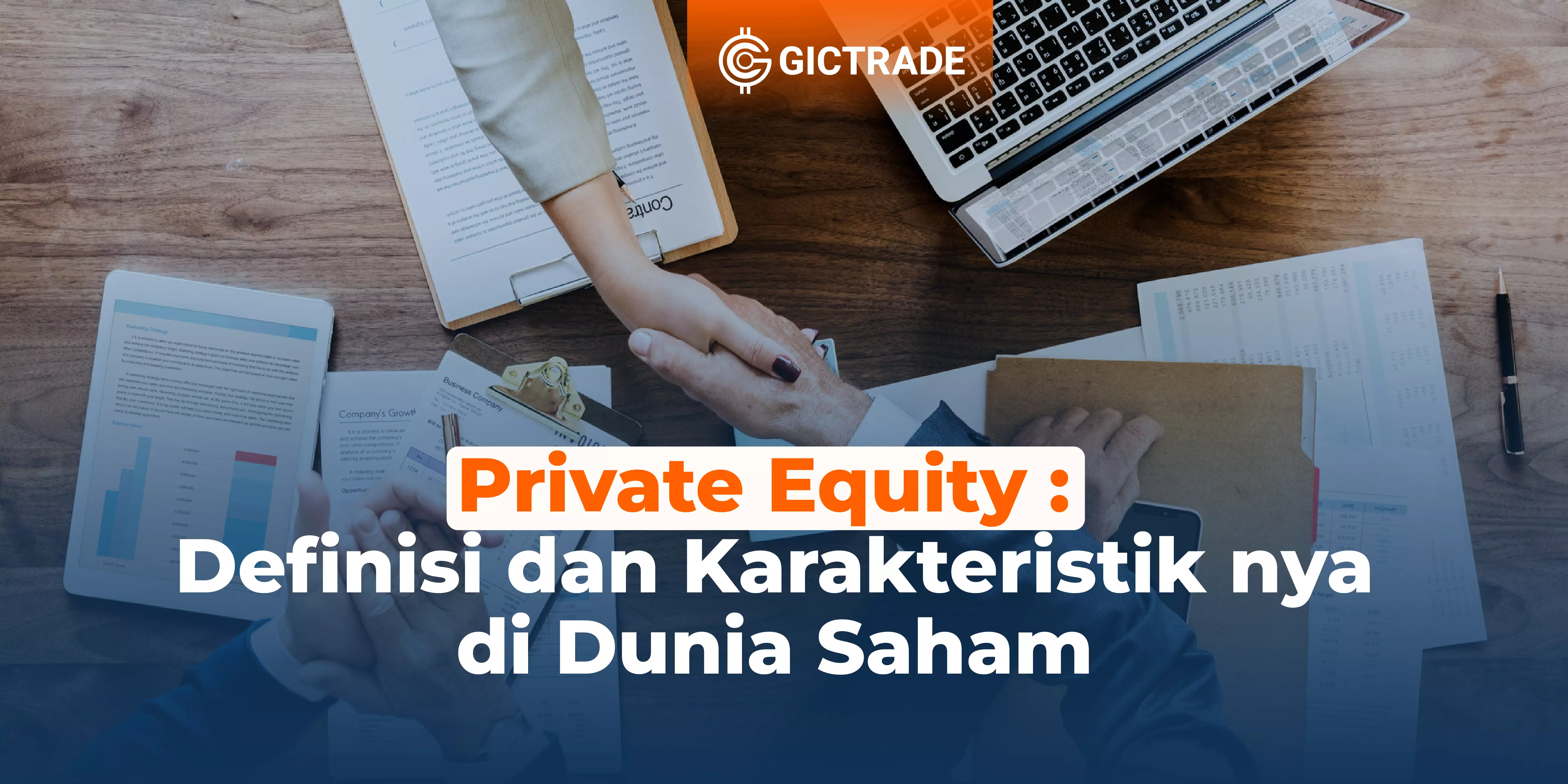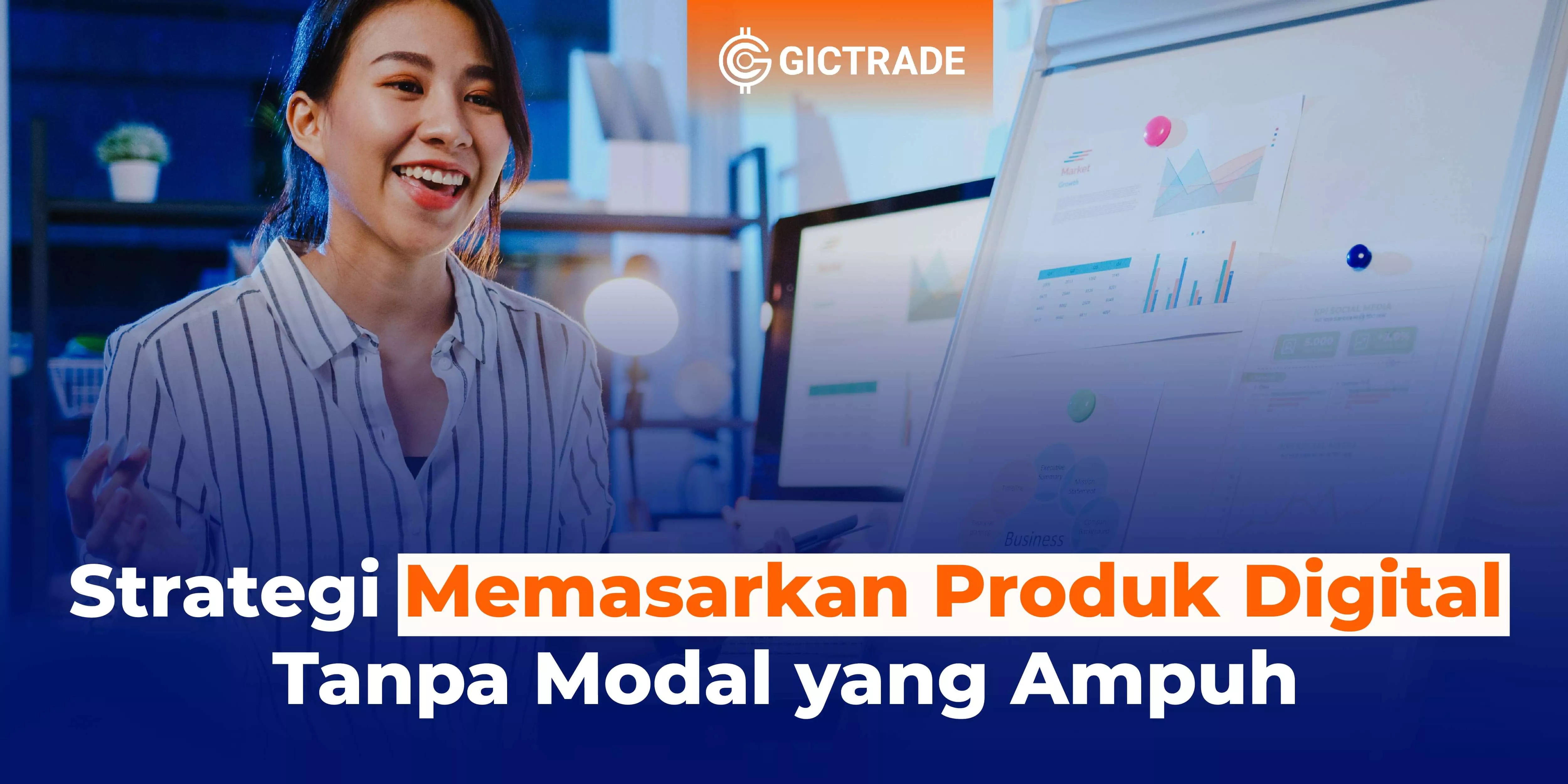Definition of Private Equity
What is private equity? Maybe you are still unfamiliar if you hear this term. Private equity is a form of financing in the form of money or capital invested for a company. PE (private equity) investment itself is usually made into a mature business for traditional industries and receives rewards in the form of equity or ownership shares. PE is a major part of a larger and more complex financial landscape known around the private market. PE is an asset class that is used as an alternative to real estate, venture capital, etc. Alternative asset classes are considered less traditional equity investments that are not easily accessible unlike public market stocks and bonds.
The main goal of private equity is to sell shares in a company for a high return on equity. The strategy that the fund follows to achieve this goal depends on the fund and the class on the sub-assets that have been targeted. This ranges from majority purchases to structured minority fund growth.

Table of Contents
Private Equity Business License Procedure
Private equity business licenses in Indonesia have been regulated in the draft POJK regulation number 05 of 2015 concerning Business Licensing and Venture Capital Article 2 paragraph 1 where those who are allowed to establish private equity are from PTs or Cooperatives. Based on the information we obtained from the Cekindo.com website, the procedures carried out in PE are as follows:
-
The Board of Directors applies for a permit for their business to the OJK by attaching mandatory documents as the main requirement
-
Then the OJK has the authority to reject or approve for a period of 30 working days after the report is received
-
After being successfully approved, the company gets a business license and opens their business activities with a deadline of 6 months after being approved by the OJK.
Characteristics of Private Equity - Fund Perspective
Leverage
Investments in private equity are often financed using debt and utilizing transactions, so the PE industry is often referred to as the leveraged buying industry. This practice allows funds to put a small amount of cash, but magnifies profits if they sell at a certain profit, whereas if the investment fails, there is a significant downside risk.
Value-add operation
The goal of PE investment is ultimately to sell the existing shares in the company, then there is a strong motivation to add value. Most companies with modern PE have a clear way of creating value and often devote a value creation team within their company.
High Risk / High Reward
Investing in the private market means giving access to untested companies and without strict reporting on offerings by public companies. To manage the risk of oni, companies must conduct major research operations and carefully thoroughly test the data space provided by potential companies to them. Companies often describe the rigor of their due diligence process by comparing the number of closed deals to how many companies are entering their channel. For example, a large manager has a thousand companies that they will screen in one year but fewer than ten deals are closed.
Types of Funds in Private Equity
-
Venture Capital (VC)
Funds in private equity come from a pool of capital that would normally be invested into a company's small business. From the point of view of small start-ups with propositional value, VC funds are an important source of raising capital because they do not have access to large amounts of debt. Meanwhile, from the investor's point of view, although venture capital has risks, the fund can generate very extraordinary returns.
-
Buy Out / Leveraged Buy Out (LBO)
Unlike funds from VCs, the purchase funds in LBO will be an investment for a more mature business. Funds on LBO use a large amount of leverage in order to increase returns. However, buyouts tend to be much larger than VC funds.
Private Equity Companies in Indonesia
-
East Ventures
One of the private equity firms in Indonesia is East Ventures and is also the "top private equity firms in Indonesia". The company has a presence in Southeast Asia since 2009. They fund several start-ups in Indonesia such as IDN Media, Buku Warung, Tokopedia.
-
Alpha JWC Ventures
The company was founded by 3 Founding Partners named Jefrey Joe, Will Ongkowijaya and Chandra Tjan. Alpha JWC Ventures also funds start-up companies in Indonesia such as Kopi Kenangan, Lemonilo and GudangAda.
-
MDI Ventures
MDI Ventures is a venture capital company owned by state-owned company Telkom Indonesia which was established in 2015. This company is also a financier for a number of start-up companies such as Kredivo, Qlue and also PayFazz.
Keep updating information about articles through the GIC Journal every day. You only need to visit our website and access the gold price rubik to get access every day. At GIC, you can also trade using an ECN account to enjoy low spread trading starting from zero!
 Last:
Last: 







